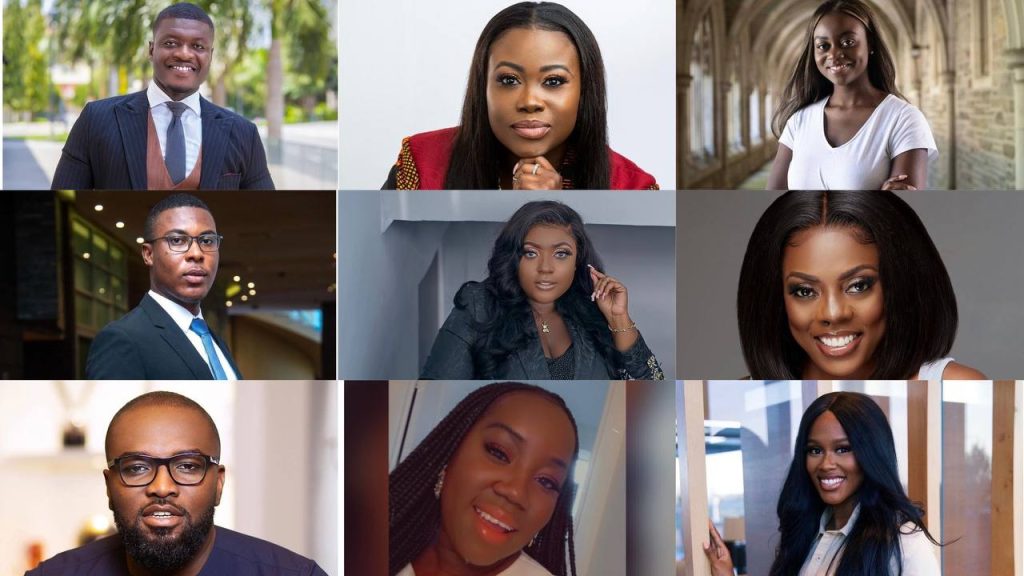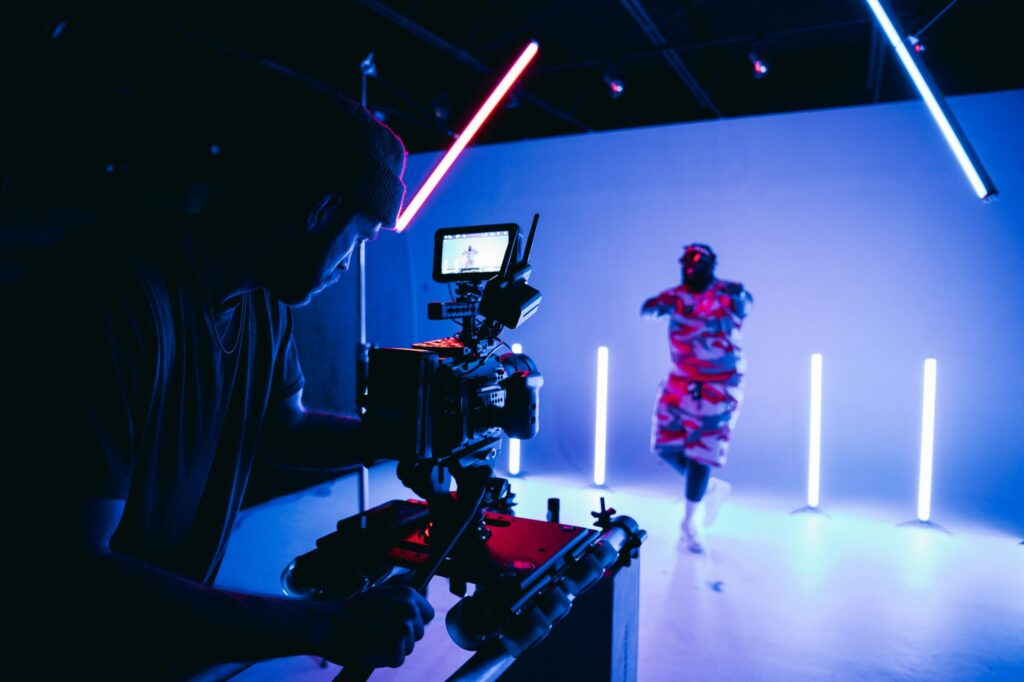In Ghana’s digital landscape, influencer marketing has emerged as a great tool, reshaping the way brands interact with their audiences.
However, this rapid development has brought to light significant challenges within the industry, particularly regarding transparency and fair compensation of influencers.
According to DataReportal, the dominant platform in Ghana is Facebook with an estimated 7.4 million users, followed by YouTube with 6.9 million registered users.
Compensation, late payments and customer claims
There has been a lot of talk about how well Ghanaian influencers are paid for influencer gigs. Are Ghanaian influencers getting paid fairly? It depends.
At one end of the spectrum, some influencers are highly compensated for their work as influencers. In 2022, Ghana Tiktoker Jacline Mensah he said in an interview which he made $3000 per week from TikTok. In 2023, Michy (Diamond Michelle Gbagonah) stated in a radio interview that won GHC 250,000 as a brand influencer.
But this is on the higher end of the spectrum. At the bottom end, things are a bit different. Since Ghana still has a small influencer economy, creative agencies tend to consult on gathering influencers for various projects.
Most companies take a commission on projects that reduces the net fee an influencer receives at the end of a project. Depending on who you ask, the pay for influencer gigs can be hit or miss for the amount of work you’ve done.
The current market also doesn’t pay enough attention to “micro-influencers” who may not have huge numbers or followers, but still have an impact on their followers, especially when it comes to “engagement“.
One influencer we spoke to expressed his disappointment late payments from agencies and noted other complaints, including how the agencies operate do not cultivate professional relationships with influences.
Another influencer confirmed this and stated that companies are sometimes not the best with communication and slow payments were a problem. They stated that working directly with companies produced more positive experiences, especially with professionalism.
A third influencer we spoke to, who also worked at an agency, said some of the issues come from clients. They said some clients may not be willing to properly compensate for work done when working with influencers.
Another challenge from clients is the expectation to go ‘viral’ whenever they use agencies and influencers. Unfortunately, some client briefs tend to be “vague”, which leads companies to use a wide range of influencers for a campaign that can achieve the desired results in the end.
Influencer Saturation and Lack of Differentiation
So, who exactly is an ‘influencer’?
At the moment, it’s hard to say. Most content creators have started to label themselves as “influencers”, but they don’t really differentiate themselves from their peers.


Currently, there are challenges that agencies face, especially when it comes to finding the right influencers to work with due to saturation in the space. This issue tends to hinder the adoption and effectiveness of influencer marketing strategies.
The current market also doesn’t pay enough attention to “micro-influencers” who may not have huge numbers or followers, but still have an impact on their followers, especially when it comes to “engagement“.
Regulation and taxation
In 2023, the Ghana Revenue Authority (GRA) is considered a tax to influencers and bloggers to help achieve its revenue. Although it hasn’t been released and enforced yet, it’s best to believe that the option is still on the table.
The Authority has also started the process of taxing the income of foreign natural persons. This tax enforcement could affect influencers paid by platforms, including YouTube and X platform.
In terms of regulation, there is no specific entity tasked with regulating Ghana’s influence economy. The lack of a monitoring body to control irregularities, especially when working directly with people of influence, could lead to issues such as influencer fraud, false advertising, and lack of transparency.
Future prospects
For future growth, Ghana’s influencer and creative industries must come together to create a framework that ensures transparency, fairness and mutual benefit.
This could include standardizing payment cycles, establishing clear contracts and establishing dispute resolution mechanisms to handle conflicts.
The potential of influencer marketing in Ghana is immense, but its full realization requires a concerted effort to create an ecosystem that supports ethical practices and sustainable development.
A more open and transparent influence economy could make way for a thriving digital economy that fairly rewards all contributors at the end of the day.
Follow us on our WhatsApp channel, Twitterand Instagramand subscribe to our weekly newsletter to make sure you don’t miss any news.
Related


